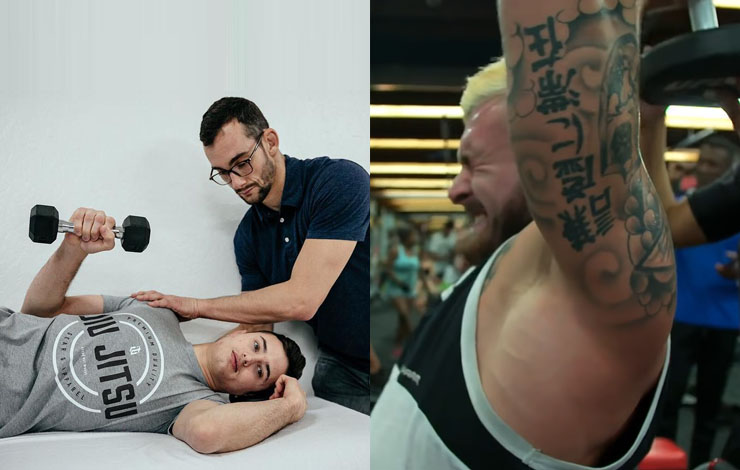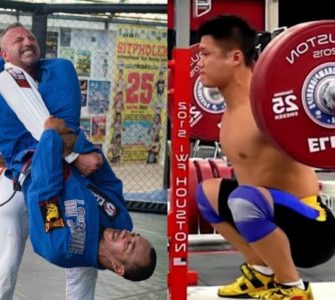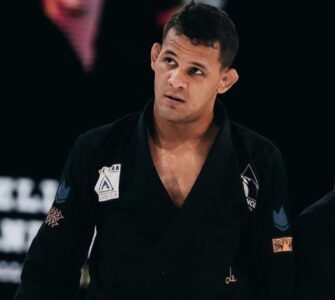Strength is often a topic of debate in BJJ circles. While some view it as a crucial component of grappling, others see it as secondary to technique. The question arises: How strong do you need to be for BJJ, and is there a point where strength becomes redundant?
The Strength Paradigm in BJJ: In BJJ, strength should not overshadow technique but complement it. A certain level of strength is necessary, but excessive focus on strength training might detract from technical skills and flexibility, which are equally important.
Setting Strength Goals:
- Deadlifts: A good benchmark for strength in BJJ is being able to deadlift one to one and a half times your body weight. This level of strength is sufficient for effectively executing techniques on the mat.
- Back Squats: For back squats, aim for lifting your body weight to one and a half times your body weight.
- Pull-Ups: Being able to do 8-10 pull-ups is considered a good standard. While more can be beneficial, it’s not necessarily crucial for BJJ.
- Overhead Press: This exercise is often underrated but highly indicative of functional strength. Aiming for half to three-quarters of your body weight in overhead press can be a good target.
Quality Over Quantity: Quality of movement and control are more important than simply lifting heavier weights. Proper form and full range of motion are essential for transferring gym strength to mat performance. It’s not just about how much you lift, but how well you lift it.
Injury Prevention and Longevity: An often overlooked aspect of strength training is injury prevention. Training should be sustainable, allowing you to stay fit and injury-free, thereby enabling consistent training on the mats.
Strength Training and BJJ Performance: It’s important to balance your strength training with your BJJ practice. Strength should aid your BJJ techniques, not replace them. Training for strength should not come at the cost of neglecting BJJ training or other aspects like flexibility and mobility.
Strength is an asset in BJJ, but it’s not the end-all. The goal should be to develop a well-rounded physicality that includes strength, flexibility, technique, and endurance. By setting realistic strength goals and focusing on quality training, you can ensure that your strength complements your BJJ journey, rather than complicating it.
Strength training is a valuable part of BJJ, but it’s important to find the right balance. Prioritizing technique and mobility alongside strength can lead to a more holistic development as a BJJ practitioner.


















